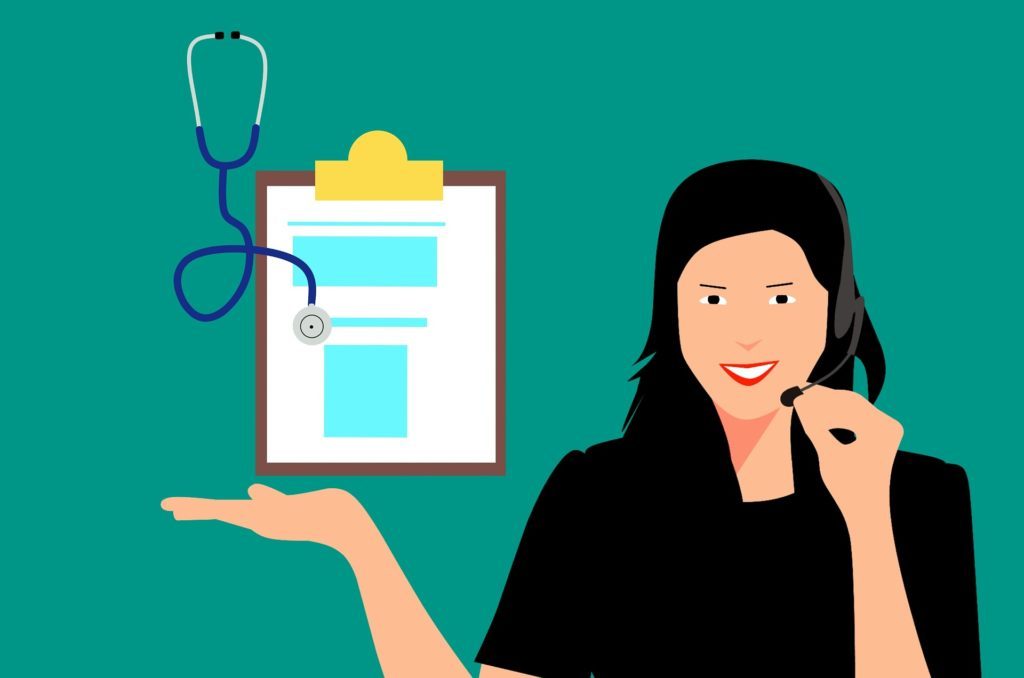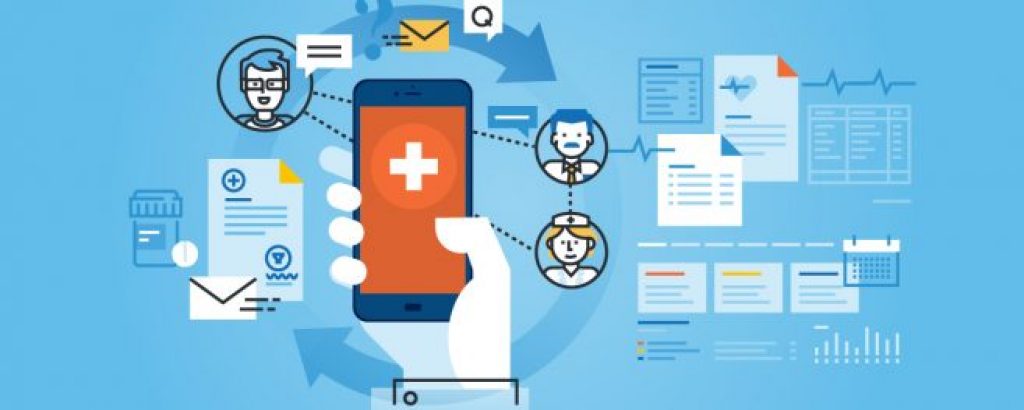
What This Looks Like
Nowadays, when an increasing amount of medical facilities decide to outsource their phone services, HIPAA compliance becomes even more complicated. Employees dealing with these phone calls are not on-site, and this may pose some worries.
If your call center collects health information, it’s important to make sure it follows HIPAA compliance rules. HIPAA violations in call centers can be a huge setback for your business, damaging your reputation and costing time and money to resolve.

But understanding HIPAA requirements can be overwhelming, especially in an age where technology is changing at the speed of light.
So how do you ensure that you have HIPAA-compliant phone calls? And what are HIPAA call center requirements?
HIPAA Compliance Requirements
Whether you’re looking for HIPAA-compliant call center software or hiring a HIPAA-compliant answering service, it’s important to know about the requirements that provide proper security for the storing and gathering of health records.

Data encryption, secure messaging, and HIPAA training are all essential parts of HIPAA compliance.
1. Appointment-Setting Protection
The company may even not store medical records, still, patients may offer a lot of sensitive information regarding their health during phone calls. For this reason, all appointment-setting processes should be highly confidential.
2. Data Encryption
Most servers do not offer the level of security required by HIPAA. In order to be compliant, your email server must encrypt all data, making it indecipherable to would-be hackers.
3. HIPAA Training for Agents
Every member of your call center should know the ins and outs of HIPAA requirements. If they’re in the dark about these standards, your call center will be more likely to have a data breach. Make sure agents are familiar with HIPAA protocol by offering ongoing training sessions.
4. Secure Text Messaging
Your call center uses text messages to communicate with physicians and other providers? If the answer is yes, those texts need to be stored in a secure, cloud-based system, rather than on an individual’s mobile device. HIPAA regulations also dictate that those messages should be sent and received in real-time.
HIPAA Compliance via Messaging In Call Centers
Healthcare call centers are often overlooked in the initial evaluation of an organization’s communication and collaboration needs. Yet, these same call centers can be the heart of communications with clinical staff.
Call centers provide a patient’s first impression of a physician’s practice, hospital, ambulatory care center, or nursing home. They field incoming and prospective patient contacts, maintain after-hours availability, and manage levels of emergency contact between patients and clinicians. They even direct calls and text messages to the appropriate offices or individuals.
Especially now during the COVID-19 pandemic when fast transmission of sensitive patient health information is vital, HIPAA-compliant messaging is essential for call centers.

Currently, there is no end date in sight for the COVID-19 national health emergency. Healthcare organizations are under enormous pressure to respond to current demand while planning and staffing for the possibility of surges in the virus. Under these circumstances, maintaining a HIPAA-compliant call center is not only practical, but it is also essential.
So how to maintain HIPAA-compliant messaging in your call center during and after the national health emergency? Deploying a clinical collaboration platform (CCP) that provides HIPAA-compliant secure messaging functionality is the answer. With the implementation of a system-wide CCP that includes affiliated call centers, your health system can consolidate clinical communication vendors, provide secure messaging capabilities to call center employees, and ensure all of their communication is HIPAA-compliant.
Maintaining HIPAA compliance for call centers through the COVID-19 national health emergency is not only practical but advisable. This is true despite the short-term relaxation of some of the HIPAA regulations governing telehealth practices. One of the most expedient and cost-effective ways to maintain compliance and avoid violations is to deploy a clinical collaboration platform with HIPAA-compliant messaging.







